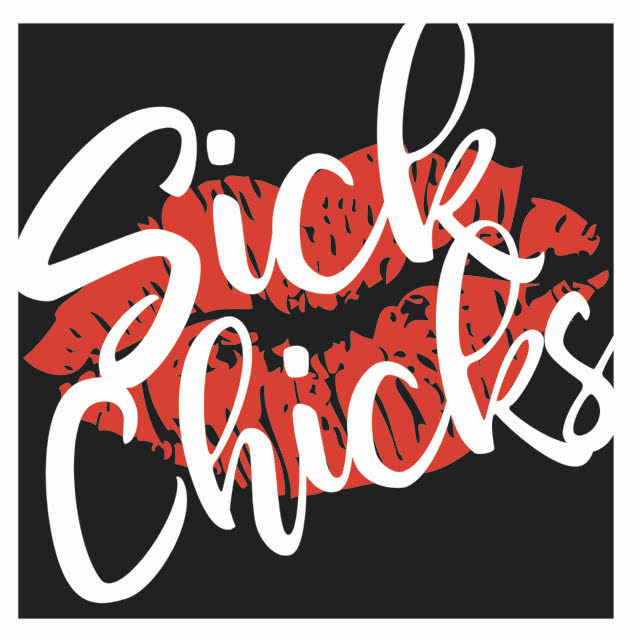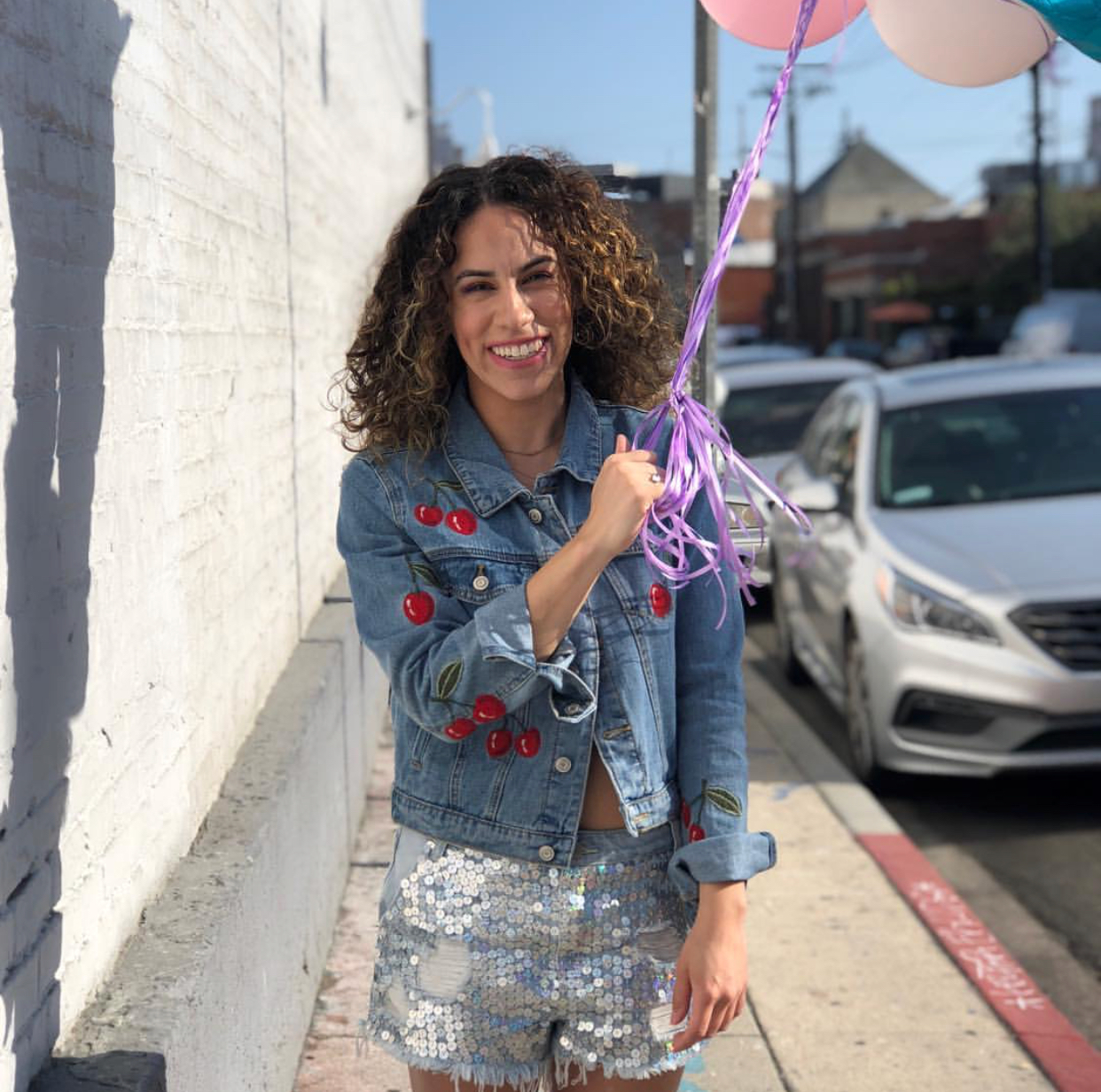I read Angelina Jolie’s 2013 New York Times article about her preventative mastectomy and the “BRCA gene” thinking, “Wow, how brave!” It was the first time I’d heard about the BRCA gene. Who knew, 5 years later, I’d be doing the same.
My grandma died of breast cancer when I was 13 so I was no stranger to cancer. But it felt like a one-off because after my grandma, I didn’t know anyone else who had cancer.
January of 2014, I got a phone call I’ll never forget. I could tell something was up because my mom went silent as soon as I answered. "It's cancer. Stage IV," was all I remember my mom saying.
A few weeks later, I flew back home to Texas for my dad’s surgery to remove the softball-sized tumor on his colon and went with him to his first chemo treatment. That first treatment was rough. I’d never seen my dad so sick. There’s no other way to describe it other than feeling helpless and wishing you could make it go away.
As it turns out, my dad carried the BRCA-1 gene. And then my sister tested positive. 50/50 chance I carried, it too.
I procrastinated, i.e. avoided, getting tested for a year. In my gut I knew. When my doctor sat me down to tell me I was BRCA-1 positive, I was already prepared for it. I knew what my options were: surveillance or preventative surgeries. But I felt so isolated and alone. It felt like my family and I were the only ones dealing with this.
Another year passed before I began weighing my options. Within that year, my grandfather – dad’s side again —was diagnosed with colon cancer. Family history of cancer: check! Another gut feeling hit: surveillance wasn’t an option. I couldn’t imagine having to make the same “It’s cancer” phone call to my mom.
I began researching preventative mastectomies. I figured as long as I have the information, I could make better decisions. I found an Instagram page run by Paige More, with whom I’m now friends, detailing her own BRCA-1 journey. She, too, decided to go the preventative route and had a double mastectomy. Paige later went on to co-found The Breasties with three other women, a mix of survivors and previvors (people who haven’t had cancer, but take preventative measures).
And let me tell you, I no longer felt alone. This community of women shared stories like mine. Loved ones lost to cancer. Surgeries both preventative and not. Thanks to this community, I felt empowered in my decision to move forward with preventative surgery.
May 18, 2018, I said farewell to my breasts and underwent a nipple-sparing preventative double mastectomy.
I called my dad the day after my surgery. He was back home starting up on chemo again as his cancer had returned. He said how proud he was that I had undergone the surgery. I gave him the news that pathology came back negative. I could hear the relief in his voice as he told me, “Everything will be ok.” Those were his last words to me.
That night, my dad’s health took an unexpected turn for the worst. He went into the ICU the next day and my mom flew back home a few days after that. A week later, my dad was gone…
I don’t think I ever could’ve prepared myself to recover from a mastectomy while grieving the loss of a parent at the same time. I was restricted from flying home due to two surgical drains attached just below my armpits. With my mom gone, my friends and coworkers rallied around me, bringing me food and stopping by to check in. The Breastie community came through by way of Hilary, a fellow Breastie whom I’d never met before, knocking on my door to help me out. I learned to lean on others. Ask for help. Be vulnerable. And in those moments of vulnerability, I gained so much strength.
I recently received another of “those” phone calls. “There’s a small mass on your left ovary.” Despite rocking fake boobs, or foobs as I call them, I’m still high risk for ovarian cancer. And unfortunately, screenings for ovarian cancer are far less reliable than those for breast cancer.
With my stats and options laid out by my doctor, I’ve decided to remove my fallopian tubes. While not directly related to my left ovary, current research has found that many BRCA-related ovarian cancers begin in the fallopian tubes. But removing my tubes means I won’t be able to have kids. And no, I don’t want to retrieve eggs and do IVF, though those options were presented to me. However, that doesn’t mean I can’t be a mom. I’m very open and considering adoption in the future.
Making decisions as a previvor aren’t easy. Weighing the pro’s and con’s. Getting insurance approval. Dealing with the mental aftermath. All of these things weigh heavily on us and are very personal decisions.
But there’s a sense of empowerment in being able to take charge of my health. “You’ve done your research and you’re facing things head on,” my doctor told me. I am very thankful I’ve been able to do things preventatively, as I know so many women, many of them friends, didn’t have these options.
I won’t know what this “mass” is on my left ovary until my exchange surgery on November 6th. But I’ve made it through so far. One day at a time. I have my Breasties, my friends, and my family supporting me. And like my dad said, “Everything will be ok.”
Nicole Garcia is a 30-year-old Texas native-now-LA Transplant who’s passionate about media, food, health, and fitness. As a Post Production Manager, she helps create drama on “Vanderpump Rules”. Using social media as her platform, Nicole helps bring awareness to the BRCA gene and encourages self-advocating for women’s health and wellness. You can find Nicole on instagram at @nicelygarcia.



